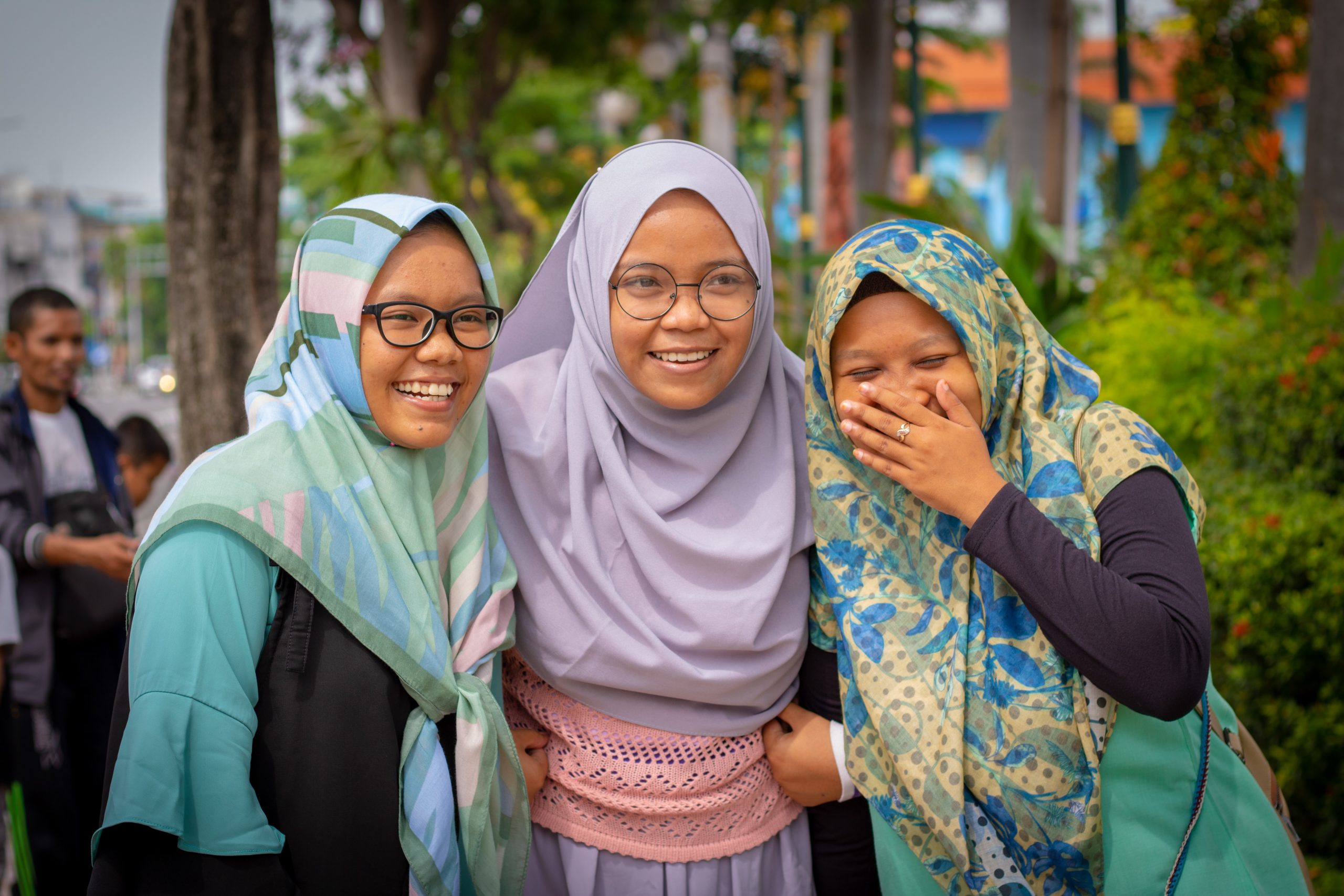
Five ways to love Muslim students during Ramadan
How you can support your fasting friends during a global pandemic
For Muslims around the world, this time of year is normally characterized by the sounds of family and friends bursting through a lively home filled with delicious smells. Loved ones gather to celebrate Ramadan, a holiday which commemorates Allah giving the Qur’an to the prophet Muhammad.
During this month-long celebration, Muslims focus on prayer and fasting during the hours of sunlight to practice self-discipline and to remember the poor. At sundown, communities gather for prayer. Afterward, they break their fast with a feast called an “iftar.” These evenings are an important time to enjoy company with loved ones.
Yet in a time of COVID-19, this year’s fast will look different. Families and friends will be unable to gather in large groups. Evening meals may consist of more modest amounts of food as those affected financially will be unable to afford the usual feast. Mosques will be closed for prayers. International students may feel especially lonely, as they will be isolated from loved ones in other countries.
Each year the spiritual implications of Ramadan offer opportunities for Christians to engage in meaningful discussions with their Muslim friends. Here are five ways to love your Muslim friends as they walk through a very different Ramadan.
1. Check in
What is an easy way to support your friends during Ramadan? Ask them how they are doing. Don’t be afraid to start the conversation. Asking thoughtful questions is a meaningful way to acknowledge that this may be a difficult time. Here are four questions to begin with:
- How will your celebration plans be different this year?
- How is fasting going?
- What is the most difficult part of celebrating during Covid-19?
- How can I pray for you?
As you check in with your friends, consider calling them via phone or video chat instead of texting them.
2. Join the feast
Joining your Muslim friends for an iftar meal in the evenings is a great way to learn about their traditions and spark good conversation. If you wish to show greater solidarity, you might consider choosing one day to fast with your friend and break the fast together at the end of the day. Though this year will require major adjustments to evening feasts, video calling still makes it possible to share a meal together. In fact, many students are taking part in online “peace feasts.” During the feasts, Muslim and Christian students will gather online to share a meal over a video call and to discuss different topics related to Islam and Christianity.
3. Start a conversation
Since Ramadan creates a heightened awareness of spirituality for Muslims, it provides good opportunities to have conversations surrounding faith. However, the key to successful conversations is to keep them as discussions and not debates. Approach the topics as a student with a genuine interest to learn. Ask questions that will spark a discussion about their own spirituality. For instance, “Have you ever experienced God talking to you personally?” or “What do you experience when you fast?”
Effective conversations can also happen through reading and comparing the Bible and the Qur’an. A movement in Paris is seeing great success as they establish groups which invite Muslim students to discuss a common theme with Christians based on a reference text in both books. In the case of Ahmed*, a student who came from Djibouti to study in Paris, examining both texts under the theme of prayer proved life changing. Ahmed was astounded to learn that Jesus encouraged his followers to pray to God as Father. Discussing this topic helped him understand that it is possible to have a close relationship with God, who will answer our prayers and listen to us.
With the current pandemic, many of these groups have moved online. Students are keen to participate in online discussion groups to find community, especially during Ramadan. During this season, consider how you can find avenues for conversations with Muslims, whether it be through a peace feast, internet café, or simply calling up your friend.
4. Share some scripture
As you are reaching out to your Muslim friends online, consider sending blessings from scripture. Though the Bible is not their holy book, many Muslims will recognize its words as meaningful to their lives, especially if they are used as encouragement from a friend. Aim for beautiful words of inspiration or exhortation from the Psalms or Old Testament. Though these verses provide just a small snapshot from the Bible, it will get Muslims engaging in scripture, and may spark curiosity. While sending a private message to your friend may be the more personal approach, you could also post a daily blessing on your timeline during Ramadan.
5. Pray
As important as it is to find creative ways to love our friends, there is nothing we can do that will replace the power of prayer. Our incapacity to physically be with our friends this year is a humbling reminder of God’s ability to reach where we are unable. Ultimately, he is the one who changes hearts.
Pray that God would reveal truth and hope to your Muslim friends. When dialoguing with them, end the discussion by asking how you may pray for them. Instead of promising to pray later, offer to pray on the spot. Muslims respect the power of prayer and often will not reject prayer from a Christian.
What are you going to do?
Don’t miss the opportunity to get involved in a significant time in the life of your Muslim friends. What creative ways can you connect with them in the time of Ramadan? Check in with them, join the feast, start conversations, share scripture, pray for them, and show God’s love as they navigate a very different Ramadan this year.
*name changed
